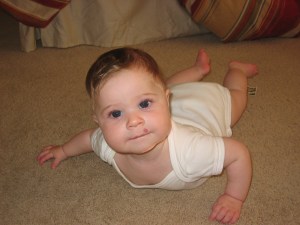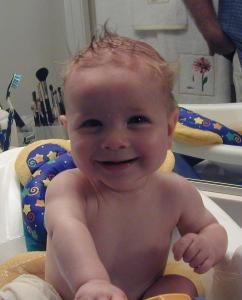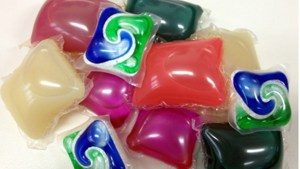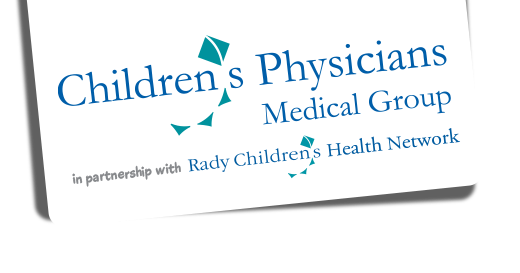
There are so many things to know when you have a new baby that it can be pretty overwhelming. I frequently joke with new parents that all they need to do is feed the baby and change his/her diaper (sounds easy, huh) but in reality you are tasked with keeping a little helpless being alive. Forget about the fact that you actually have to raise the child to be a kind, productive and responsible member of society! Therefore, safety is an integral part of advice that pediatricians give to parents during check ups. But even something as simple as keeping baby safe can be very complicated and the safety issues change as your baby develops.
I have already addressed car seats and safe sleep, so what else should you know about keeping your baby safe? Here are a few main items that I discuss at every check up.
Falls
Babies are squirmy, they move a lot and they are stronger than they look. Furthermore, you can never be quite sure at which age they will flip over and fall off a surface. In fact my own son made it from the upper middle spot of my California King to the end of the bed and onto the floor at the young age of 4 months old. YES IT HAPPENED TO ME!
That’s why I always counsel parents to NEVER leave their baby alone on any surface. The changing table, the sofa, the bed. Nothing. Also, don’t leave them at any height while in a car seat, bouncy seat or Bumbo seat. When babies are mad or upset they will flail and move enough that a seat could fall right off a table or counter. Finally, always do tummy time down on the floor.
Water

Dr. Friedman’s son in the bath!
Water poses multiple risks for babies at all ages. In order to prevent burns, the recommendation is to set the hot water heater at 120 degrees or lower. Always test the water before putting your baby in the bath. Once in the bath, NEVER ever leave your baby alone. Even for a second. Always have everything you need for bath time close by and keep one hand on your baby. Babies can drown quickly so don’t step away, even for a second. Because babies drown so quickly, and in only a small layer of water, lock down toilet seat lids and pick up dog bowls once they start crawling.
Furniture
While it doesn’t seem immediately obvious that furniture can pose a danger to newborns, the first several months go fast and before you know it your baby will be crawling and pulling up to stand. That means you need to take precautions to prevent tip overs by anchoring all tall dressers, TV stands and lamps. Be aware of hanging tablecloths that babies can pull down onto themselves and watch sharp corners on low furniture like coffee tables. Doors and drawers on furniture can pose a risk because curious babies can get their little fingers pinched. Not to mention they can gain access to risky items inside these doors and drawers. Getting special locks can help.
Cleaning Products/Chemicals

No cleaning product, not even a “non-toxic” cleaning product, is safe for consumption. Keep all products elevated and/or locked away. Furthermore, be extra careful with cleaning pods that look like fun, colorful candy. The detergent is highly concentrated in the pods which makes them even more dangerous to young children. Ingestion can cause vomiting, wheezing, respiratory distress and even death. In fact, it’s probably best to not even buy the pods.
Choking
Once again this may not seem like an immediate concern for newborns, but babies can reach for objects and put them in their mouths starting around 4 months of age. This means be sure that the only thing within their reach are large items like rattles or spoons. Once babies are moving around on the ground and starting to grab smaller items and putting everything in their mouths, there is a chance they can get something small enough to choke on. Get down on the ground and look for small objects like coins and buttons. Be especially vigilant about button batteries, magnets on the refrigerator and latex balloons.
Babies start eating finger foods around 8-9 months of age so make sure to cut up food into small pieces, less than 1/2 inch. Stay away from whole nuts, grapes, hot dogs, popcorn and hard candies. A good list of choking hazards can be found here. Always watch babies while they are eating and never let toddlers run around while eating.
Finally, the amber necklaces used for teething can be extremely dangerous as they pose both a strangulation risk and a choking risk. Please read this review on the lack of evidence of their effectiveness, as well as their risks, before using.
Don’t forget, safety is everyone’s responsibility when babies are around. Make sure all caregivers know the risks and how to take the proper precautions.
To read more of my blogs, click HERE.








Leave a Reply